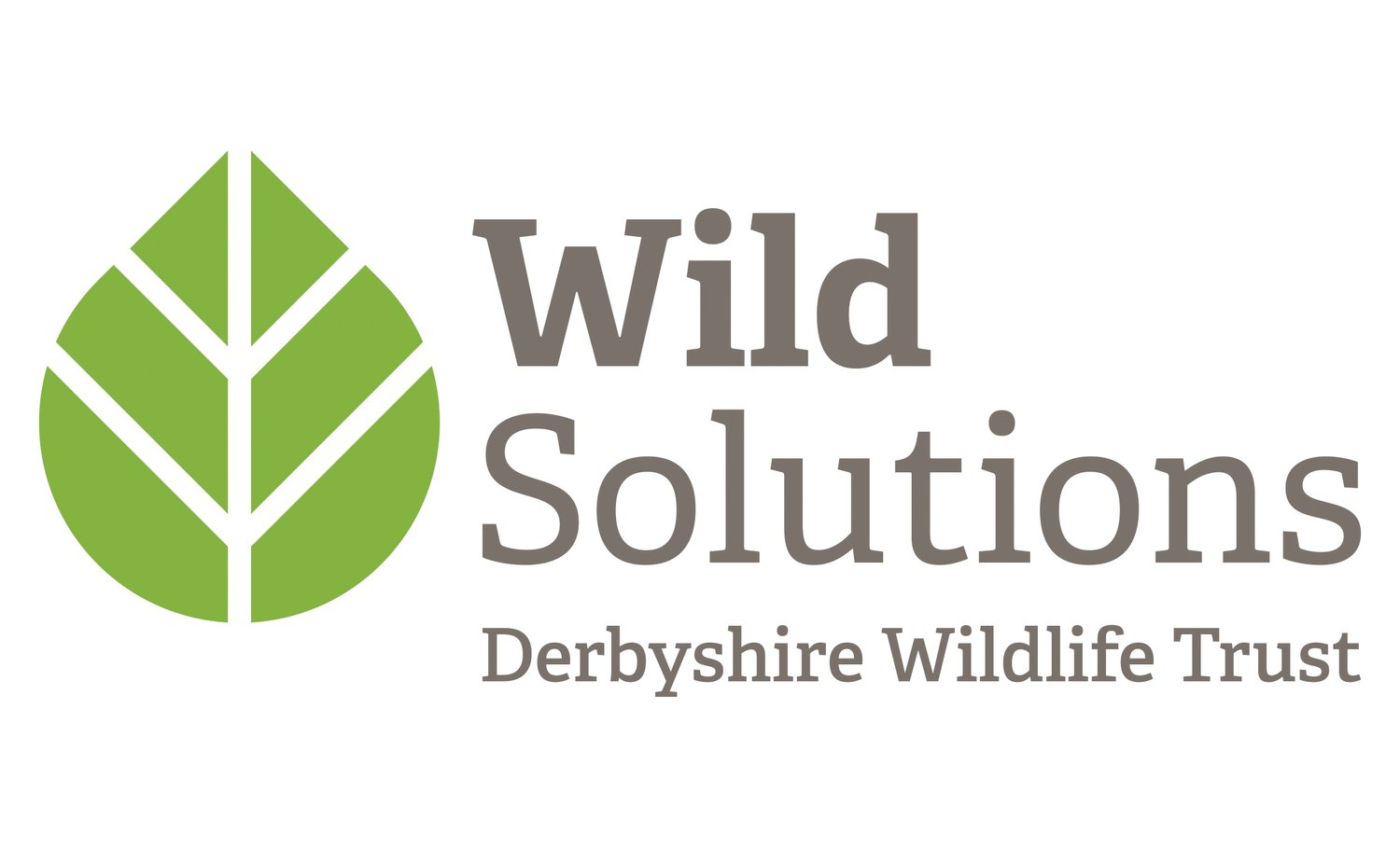Wild Whittington: an exciting new space for nature
The piece of land at Old Whittington, to the north of Chesterfield, will be known as ‘Wild Whittington’ and is set to be rewilded, becoming a place of major importance to nature, and to the people of Chesterfield and Derbyshire.
Wild Whittington has been acquired through a mixture of investment in nature, including donations from Derbyshire wildlife Trust supporters and The John Swire 1989 Charitable Trust in response to the Defend Nature appeal.
The site connects St Bartholomew’s woods to the south and Grasscroft ancient woodlands to the north. These woods join to Unstone and then down into the valley of the River Drone. Using rewilding, the plan is to create varied habitats to bolster a vital corridor between the woodlands and support nature’s recovery in Chesterfield and the surrounding areas.
Matt Buckler, Director of Natural Solutions at Derbyshire Wildlife Trust said:
“We are so grateful for the incredible response we had to our appeal to secure this land from our members, the public, and our generous major donors.
“Here in Derbyshire, we want to take action to restore nature now. Quite simply, turning land over to rewilding projects is one of the most effective ways to get resilient nature back in people’s lives, and it would not be possible without the support we receive.
“The purchase is not only good news for wildlife, its great news for local residents and visitors to the area too. We can't wait to turn this piece of land into an oasis for wildlife for future generations to enjoy.”
The purchase was finalised with additional funds from four private lenders who have provided philanthropic loans – a loan made on favourable terms, with low or no interest and flexible repayments. This type of finance has been pioneered by philanthropic lender Julia Davies at We Have The Power, who is working with The Wildlife Trusts and others to scale up investment into nature's recovery.
Ben Carter, Director of Development at Derbyshire Wildlife Trust explains:
“In Derbyshire, we have stepped up our ambition for nature's recovery, to tackle nature and climate emergencies, by acquiring and restoring land. Charities like us largely rely on grants, charitable trusts and donations from the public to buy land, and whilst these remain vitally important to the work that we do, cashflow when land comes up for sale is often a major barrier to us being able to respond to opportunistic land purchases.
“That's where philanthropic loans come in. They enable environmental charities to seize land purchase and restoration opportunities when they arise.”
At Wild Whittington, the Trust is developing a pilot approach to funding even more space for nature, maximising opportunities presented by changes to the planning process as a result of the 2021 Environment Act.
The Act includes a requirement that by Autumn 2023, all new developments (such as housing developments and commercial sites) need to leave wildlife habitats in a better state than before the development. This improvement, which must be at least 10%, is referred to as Biodiversity Net Gain (BNG).
By creating new habitats at Wild Whittington, the Trust will be able to use BNG units to support nature's recovery in Derbyshire. This will raise further funds that can in turn be used to create more space for nature across the county.

